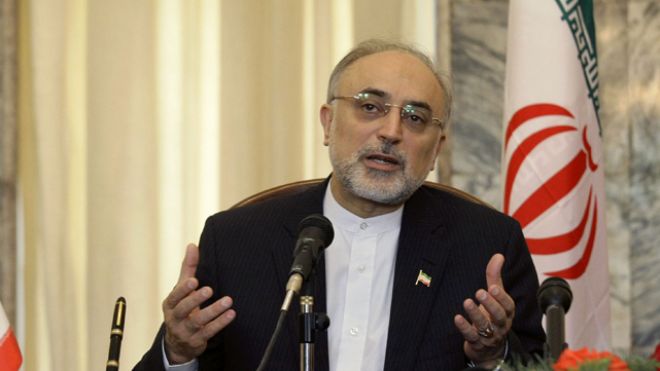 The Iranian government has fired back at Canada for removing an exiled Iranian opposition group from its terrorist blacklist while simultaneously affixing terrorist status to a branch of the Iranian military, a move the Central Asian regime said was a dangerous move that can weaken international peace and security.
The Iranian government has fired back at Canada for removing an exiled Iranian opposition group from its terrorist blacklist while simultaneously affixing terrorist status to a branch of the Iranian military, a move the Central Asian regime said was a dangerous move that can weaken international peace and security.Canada is using the issue of terrorism as a tool and violating its international commitments, said the Iranian foreign ministry on Monday, according to a report by AFP.
The comments, made to state broadcaster IRIB, are only the latest sign of worsening Iranian-Canadian relations spurred in part by Canadas decision to sever diplomatic relations with the Central Asian country in September.
Founded in 1965, Mujahedin-e Khalq (MEK) was one of the groups behind the 1979 Iranian revolution, although it soon turned against the Islamic Republic of Iran.
The group largely entered the radar of Canadian officials due to a series of assassinations it orchestrated against U.S. officials in the 1970s, as well as MEK efforts to recruit Canadian teenagers and a 1992 attack on the Iranian Embassy in Ottawa.
Nevertheless, on Dec. 20 MEK became one of the few entities to ever be removed from Canadas terrorist blacklist. Public safety minister Vic Toews offered no justification for the delisting, but a spokesperson noted that the delisting followed on a decision made earlier this year by the United States. U.S. Secretary of State Hillary Clinton removed MEKs terrorist designation in September, citing the groups public renunciation of violence and the fact that it had not committed a confirmed act of terrorism in 10 years.
In response, Iranian state media accused the U.S. government of employing a double standard policy on terrorism that distinguished between good and bad terrorists.
Out of the 17,000 Iranians killed in terrorist attacks since the victory of the Islamic Revolution in 1979, 12,000 of them have fallen victim to the acts of terror carried out by [MEK], alleged a broadcast at the time by Irans Press TV.
While opening the door to one of Irans enemies, in mid-December Canada also assigned terrorist status to the Quds Force, a branch of the Iranian Revolutionary Guard Corps charged with funding and training foreign extremist groups.
In an online description, the Ministry of Public Safety fingers the Quds force as a supporter of the Taliban, Lebanese Hizballah, Hamas, Palestinian Islamic Jihad and the Popular Front for the Liberation of Palestine-General, a group that pioneered airplane hijackings during the 1970s and carried out suicide bombings on Israeli targets during the early 2000s.
In September, Canadian Foreign Affairs minister John Baird expelled Iranian diplomats from Canada, citing the country as a state sponsor of terrorism. In the months since, the two countries have been locked in a increasingly heated war of words.
Also on Dec. 20, the Department of Foreign Affairs boasted of a Canadian-led resolution in the United Nations General Assembly to denounce the state of Iranian human rights. Canada will not stay silent on these issues. We will continue to express serious concern about the ongoing and pervasive human rights violations in Iran, including the persecution of religious minorities, read a release.
In recent months, Immigration Minister Jason Kenney has also touted targeted Canadian efforts to provide safe haven for gay Iranian refugees, who risk capital punishment under Iranian law.
Iran, for its part, has kept up a steady stream of anti-Canadian reports on state television. Earlier this month, the network ran a bizarre report alleging that Canadian counter-terrorism units were abducting First Nations children as part of a for-profit human trafficking ring.
By National Post
The Iran Project is not responsible for the content of quoted articles.










